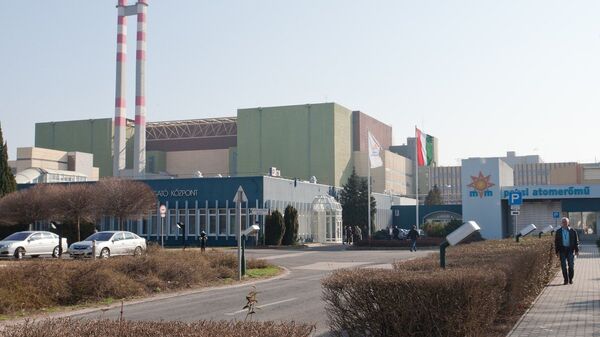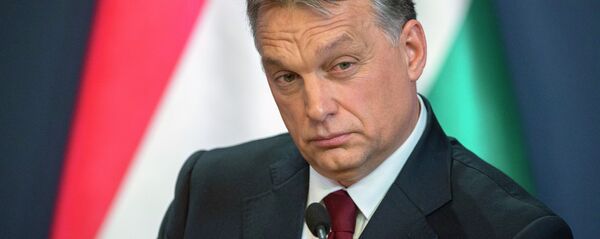On December 9, 2014, Moscow and Budapest signed a contract for the construction of two new 1,200-megawatt power generating units for Paks.
Last week, Russia's nuclear agency Rosatom head, Sergei Kirienko, said the works were ahead of schedule and survey of the site is expected to begin this spring.
The Financial Times, however, claimed Budapest may be facing a "veto or prohibitive fine" from the European Union over two concerns.
The first issue is the legality of state subsidies and contracts awarded to Rosatom without a call for bids. The second is Hungarian Prime Minister Viktor Orban's alleged decision to conceal certain details of the contracts on grounds of national security, according to the publication.
The European Commission (EC) allowed the Russian-Hungarian deal to go through when it was signed in January 2014.
Paks is Hungary's only operating nuclear power plant, generating more than 50 percent of Hungary's national energy production as of 2013.
Orban has called EU sanctions, targeting Russia's defense, banking and energy industries over Moscow's alleged role in the Ukrainian crisis "unpractical" and called for improvement of relations between Moscow and the European Union.
Along with Orban, a number of senior European politicians, including Czech President Milos Zeman and Slovak Prime Minister Robert Fico have called on Brussels to either lift sanctions or avoid introducing new anti-Russia measures.




